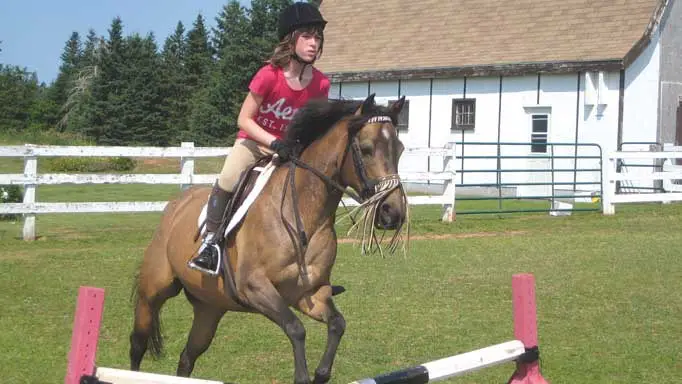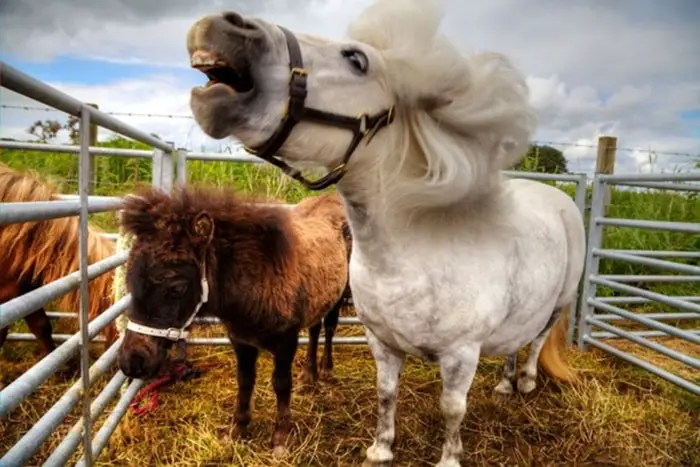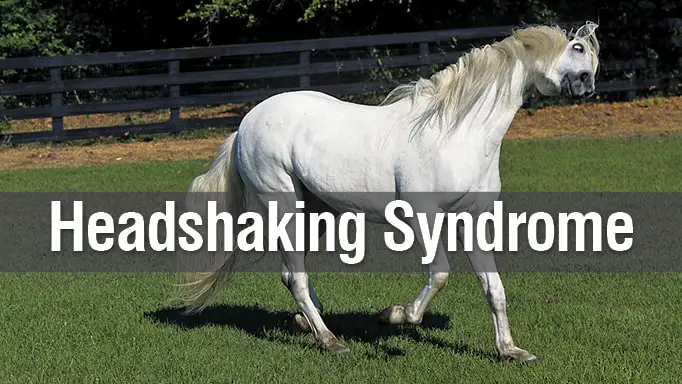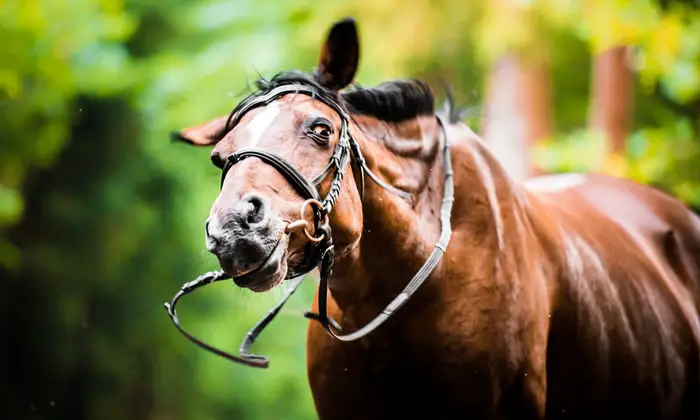Headshaking in equines can have many possible causes, not all understood. In reality, headshaking in horses is rarely an immediate emergency crisis. However, if your horse suddenly starts to headshake, it can be disconcerting.
Why Headshaking is Important in Horses
The horse is a noble animal. The horse should perform physically and mentally sound in any equestrian event. The horses also should be sound in body and mind during any pleasure riding, pulling the cart, or work. Headshaking is one of the most notorious discomforts for both horses and riders. 
Causes of Headshaking Syndrome
However, if a horse suddenly starts to headshake violently, it is worth considering some insect bite or sting, as well as a possible foreign body caught somewhere-
- For instance, in the nose; however, these are unlikely to be the actual cause.
- The majority of headshaking cases are now due to irritation or allergies, sometimes stimulated by influences such as bright light, pollens, or previous viral infection that can cause a degree of pain or irritation elsewhere.
- Sinusitis in horses.
- Dental disease.
- Tumors.
- Abscessed or fractured teeth.
- Guttural pouch abnormalities.
- Laryngeal disorders.

Signs of Headshaking in Horses
Headshaking is very unpleasant and unbearable for both rider and horse. The signs of headshaking are straightforward, but it becomes a severe problem when it is repetitive. The usual clinical signs are:
- Snorting.
- Twitching lips.
- Striking at his muzzle.
- Obsessively rub his nose on objects or forelimbs.
- An anxious facial expression.
- Neuropathic facial pain.

How do you treat head shaking in horses?
The immediate correction or long-term treatment for headshaking in horses are:
- Stop riding: most horses do not exhibit headshaking behavior when at rest in the stable or at grass, but signs generally begin once the animal has warmed up at exercise.
- Ride with a nose net designed to stop headshaking. Several such products are on the market now, some of which help some cases.
- Try to ride at a different time of day or in a different area, where whatever stimulates the irritation is not present.
- If the headshaking persists, you should consult your vet. Unfortunately, it isn’t easy to find cause and cure in many cases.

Final Advice on Headshaking in Horses
The article described the probable causes, clinical signs, and correction or prevention of headshaking. The headshaking is both infectious and non-infectious conditions. You must identify the problem correctly and treat or correct it as per the underlining causes.